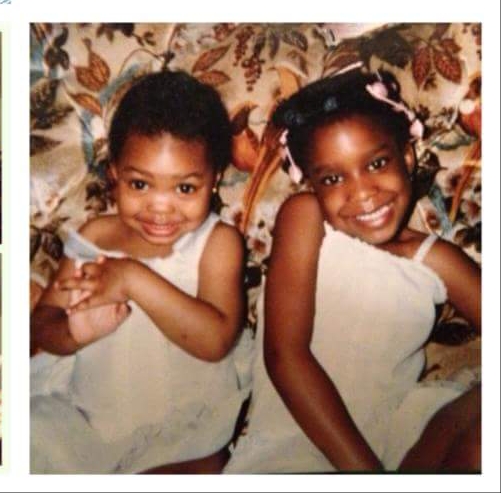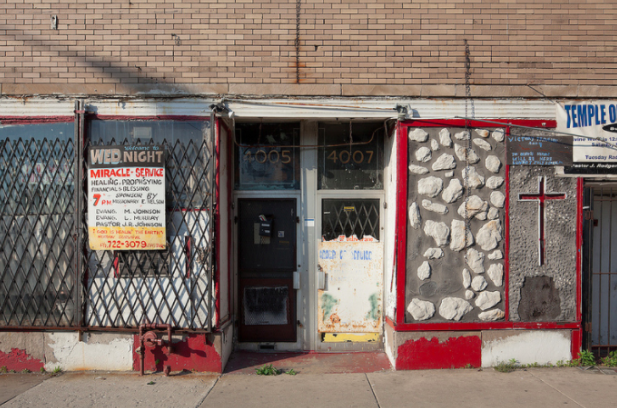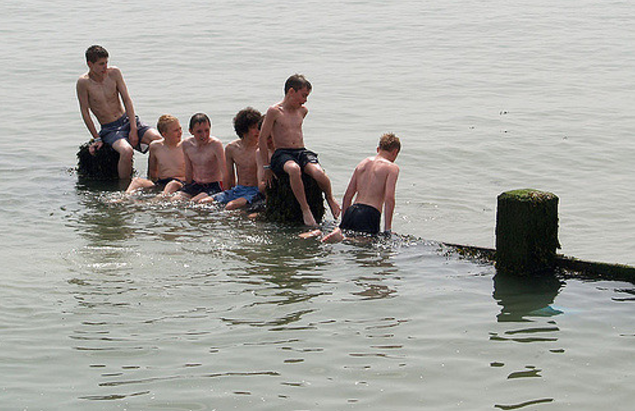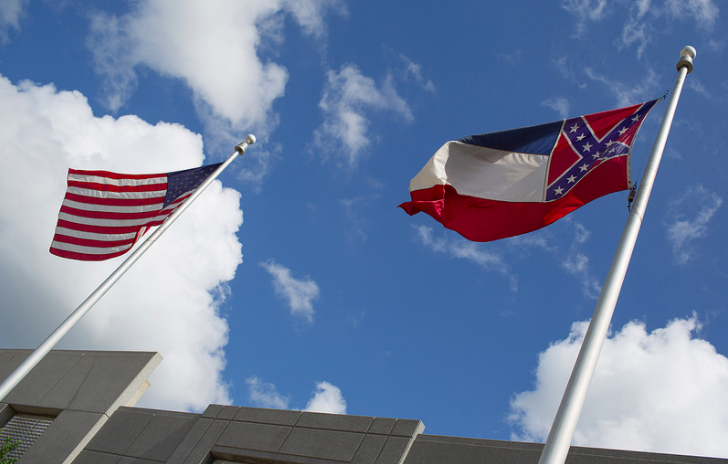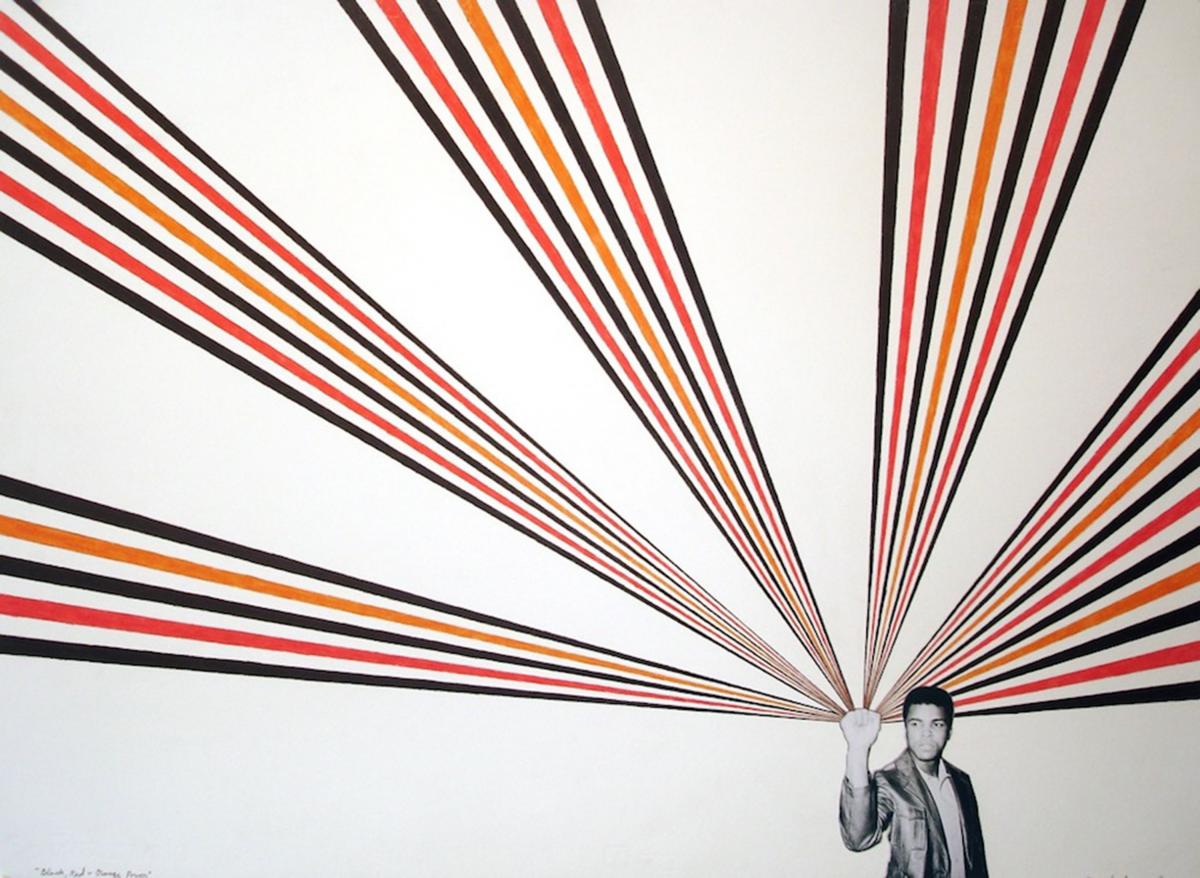All posts tagged: Race in America
What My Father Said
You go where you belong, my father says to me,
ten years old, listening at bedtime to his story
about how he once was mugged in Brooklyn
in 1974, a small, polite Canadian
Land Not Theirs
We are driving through downtown Columbus, away from the Greyhound station. I spent fifteen hours on a bus traveling from New York City to visit for Christmas, a holiday, my mother reminds me, that is not even about Jesus anymore. This is a thought she has reiterated over the years, yet it never prevented her from partaking in the holiday during my lifetime. The absence of a decorative tree and gifts reflected a lack of money, not a rejection of the commodification of religion.
January 2018 Poetry Feature
NEW POETS FOR THE NEW YEAR
This month we welcome poets new to our pages: JESSICA LANAY and MARLIN M. JENKINS
Harriet Hemings Meets Red Peter at The Russian Tea Room
“[…] as uniformly as is the preference of the Oranootan for the black women over those of his own species.” — Thomas Jefferson, Notes on the State of Virginia
“It is now nearly five years since I was an ape, a short space of time, perhaps, according to the calendar…” — Red Peter, from “A Report to an Academy” by Franz Kafka
Red Peter, it is so nice to meet you—I mean, you have to know how awful online dating can be. My father set us up—I think, based on your preferences in women, he thought we would have a lot in common. I must admit, I was excited to come to this restaurant. It is an excellent choice; the banana pudding is fabulous—the best in the city. I too love frequenting Paris, although I missed your performances with Hagenbeck. He also brought the world Otta Benga, did he not? I believe Mr. Benga resided in the same state where my father wrote his Notes. You are such a kind gentleman, compared to others. Here, let me adjust your bowtie; you’ve learned to be more human than most. Now, tell me, in your report to an academy, did you address your desires? Your dating preferences? Is the preference of the oranootan, in fact, for the black woman over his own species? Red Peter, my father would be very happy to hear about this date, if your preference is as such—I mean, for a woman like myself.
You’re the Sweetest One
May 1958
A white woman, softly sobbing, was hoisted into the back of an ambulance. On direction from the state troopers, Harvell stood idly by. For the second time since he’d arrived, the woman said the girl’s parents were Claudine and Cordezar Brown of Greenwood, Indiana. By “the girl,” the white woman meant the body lying in the ditch, covered by a sheet. Harvell looked at the bus tracks; the skid marks a few yards away, left by the fugitive car; a pair of yellow shoes about a foot apart on the side of the road.
This Morning I Miss Such Devotion
There is a sister whose voice is gentle as a lullaby. A lulling. Even when angered she won’t yell. A particular upbringing that eschews the loud, though such a woman can be found embracing those whose voices swell in the streets. Perhaps less saintliness than a vicarious expression of her own rage? Frustrations? Drawing the brawler, the harsh and violent close. The softness
Lesson for Cortney
after Lewis Holt
Those are traffic lights. They help stop people from
driving into each other. That’s a crescent moon and star
on top of that building. It means the people inside are part
of The Nation. That’s a gas station. That’s a McDonald’s.
That’s a Burger King. That’s a fried fish and chicken joint.
The Beauty of Boys Is
that they are not men,
that they have not settled into their beards and
remorse, their crow’s feet and givens.
There is not yet an investment in houses
settling onto their foundations, hair, or
yesterday. The boy senses his time is precarious,
Passing Strange
By W. RALPH EUBANKS
All thinking Southerners, at some point, find their minds at war with their hearts, a battle that often ends with the heart claiming victory. It is this triumph of the heart that landed me, a black expatriate Mississippian, back in my home state again. Yet returning to Mississippi after nearly forty years, albeit temporarily, as a visiting professor, has left me torn somewhere between acceptance and separateness. In some ways, the longer I am in the South, the less I try to maintain my distance from the place.
Rico Gatson: Selections
By RICO GATSON

Introduction by David E. Little
What was required was a new story, a new history told through the lens of our struggle.
—Ta-Nehisi Coates
They say there’s nothing harder than hitting a fastball. In America, clichés on the difficulty of sports abound. But how to describe the challenges of art?


